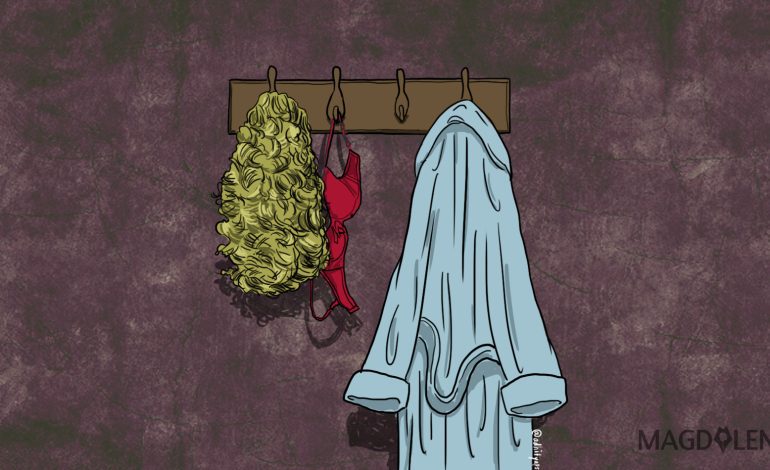My Frankenstein English and Why I Love It

Knowledge is knowing that Frankenstein isn’t the monster; wisdom is acknowledging that Frankenstein is the monster. This essay is an homage to the patchwork of a creature Victor Frankenstein created by putting together body parts from graveyards and butcher shops. However, there’s no monster in this one.
I’ve been aware of for a while – and I refuse to see it as my shortcoming – that my English is a mess. Sure, I’ve got a good grasp of grammar, structure, idioms, and all that jazz, but the thing about learning English as a Foreign Language, or EFL is that I’m more than aware that however fluent and comfortable I am with the language, English is not my mother tongue. Everything I’ve learned about the language is simply that, learned.
EFL speakers like me do not live in an English-speaking country and aren’t directly exposed to any particular accent, dialect, or vernacular based on cultural, racial, economical, and geographical background. We learn English piece by piece, and, to be honest, it’s amazing.
On papers, I’ve only got eleven years of English classes under my belt from grade one to twelve of public school and that’s it. No English courses, no private classes. That’s me, your standard privileged middle-class kid. My parents have always said that learning does not stop in a classroom and I can’t help but agree wholeheartedly.
I learn certain words and colloquialisms from watching Breaking Bad and America’s Next Top Model; some other phrases from Harry Potter films; some idioms from reading Lord of the Rings and Sherlock Holmes.
I pick up accents from American pop singers and British boybands; I learn how to talk like a Vulcan and a starship captain; I listen to Shakira and Lea Salonga; I know every word to every song in Dream Girls and Les Misérables; I emulate Posh Spice in my spare time.
I live partly online on websites, blogs, and social media applications that offer me interactions with a bunch of English speakers from all over the world. The internet is another entity altogether with all its slangs, weird use of uppercase, sparse punctuations, and penchant to gentrify and appropriate the use of AAVE (African-American Vernacular English).
I am a product of all that. I owe my English to Shakespeare, Beyoncé, Rick Riordan, and others.
Let me humble-brag for a second: I took both IELTS and TOEFL in haste with minimum preparation and came out with quite satisfactory scores of 7.5 and 637 respectively. Since then, I’ve written hundreds of poems and proses, published a poetry book, performed and recorded my own writings, all in English. I have and will again, however, own the fact that my English is like Frankenstein’s monster.
My accent is a mess. The way I form sentences is a mess. Is it British? Is it American? Is it a Southern thing? Is it a London flare? Who knows? Of course, I can manipulate them to deliberately perform something specific like the way I prefer to speak the perfect Queen’s English when I deliver speeches, but, naturally, it’s a mishmash of everything I’ve learned and it’s okay. I’ve accepted that.
I’ve come to let go of the mindset that ‘sounding white’ is the goal in speaking English. I have unlearned the superiority complex of strictly using English the way they do when they read the news on TV. I have embraced the way English does not belong to a certain group of people, but merely a tool of cultural exchange and communication to connect with others around the world. I have been trying not to feel frustrated about how fast English evolves. I have been adapting to the rapid ‘birth’ of new phrases and slangs cobbled together by generation Z. I have started appreciating everyone’s English with their accents, dialects, and vernaculars, because people are always intricately, beautifully entwined with their own racial, cultural, geographic, and socio-economic backgrounds.
At the end of the day, we all need to realise that we will always have that tinge of otherness to our English and it’s not a flaw to be embarrassed about. I will always be an Indonesian speaking English as a foreign language because it is a part of my identity that I’m proud of and I dare you to shame me for that.
You can’t.
Illustration by Adhitya Pattisahusiwa






















